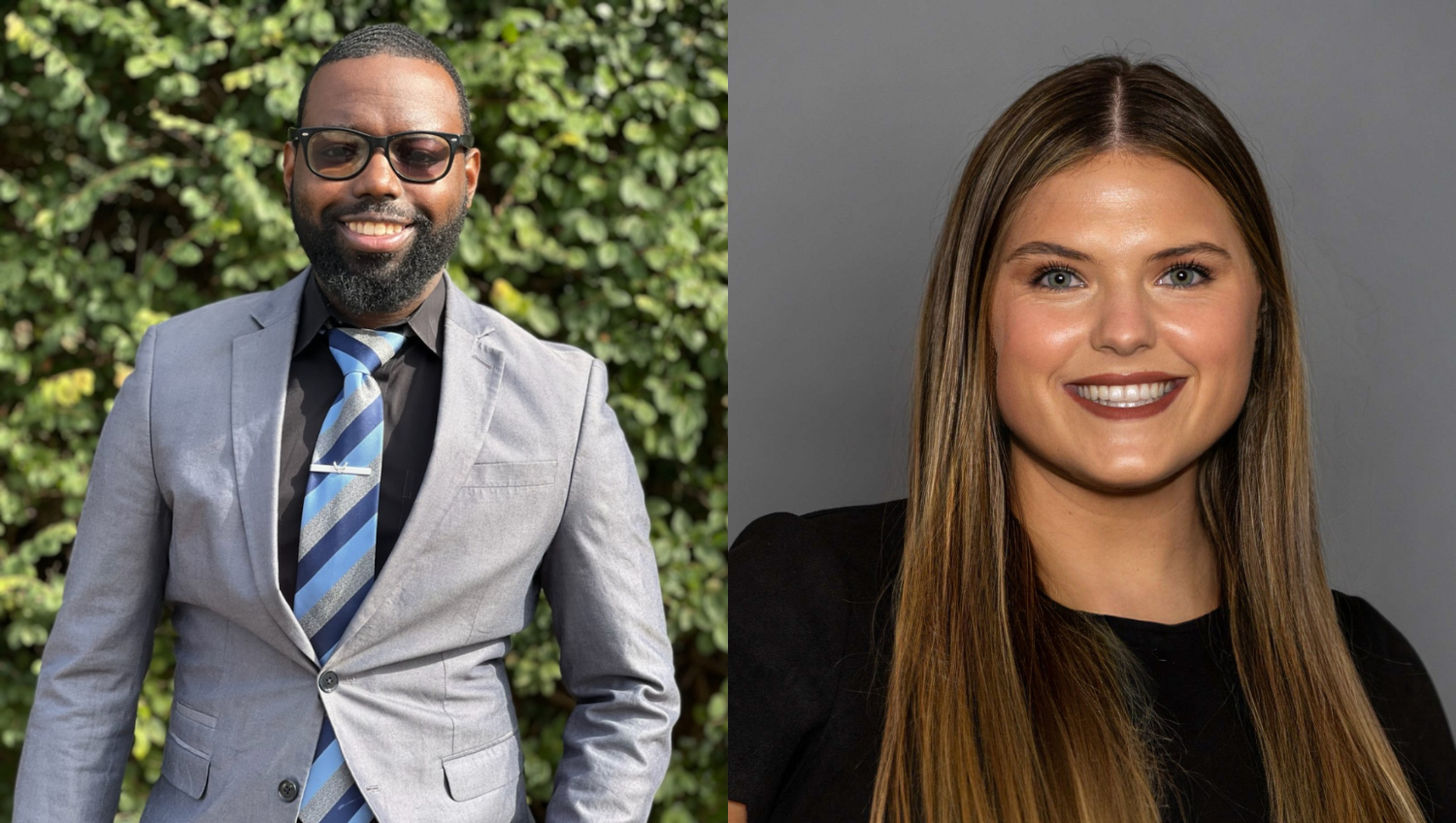NC State graduate students’ startup: converting Navy technology from warfare to food safety
Bringing science fiction to reality, Jordan Moering and Rafael Estevez will use a plasma energy field and advanced optics to scan processed food to make sure pathogens like Salmonella or E. Coli don’t make it to our grocery stores.
“We both felt there was a real need in the food industry for innovative solutions to improve pathogen detection, ” said Moering, a doctoral student in material science and engineering in NC State's College of Engineering. “We found revolutionary detection technology invented by the U.S. Navy, and realized it could be used for so much more.”
The duo was awarded first place in the “New Venture Challenge” category of the 2015 Lulu E-games for their startup – WarpSpec Diagnostics. Their company began as an academic team project for graduate students in the NC State Jenkins MBA program’s entrepreneurship and technology commercialization concentration. In the set of three courses, graduate students from various academic disciplines learn to assess technologies and intellectual property for their commercialization potential. Teams then develop a business plan for the one selected as having the greatest opportunity.
“Both of us want to develop innovative technology to make a positive difference in the world, and this technology lets us do just that,” said Estevez, a Jenkins MBA candidate in the NC State Poole College of Management
Because bacteria and other living organisms are comprised of organic molecules that are vibrating all the time, scientists have known for decades that it is possible to use infrared light to detect their presence. The collection of all of these vibrations can be used to construct a “spectral fingerprint” which is unique to each living organism, Moering explained.
“The problem is that filtering out the specific light frequencies needed to construct a spectral fingerprint takes too long for food processors,” he said. “The Navy figured out how to instantly filter any light frequency using plasma optics. This lets us detect bacteria in seconds, preventing food recalls and saving food companies millions of dollars every year from delays during pathogen testing.”
The two graduate students are currently working with the U.S. Navy, local entrepreneurs, and potential customers to commercialize their first product.
“We are working on a prototype this summer and will conduct fundraising rounds after achieving our early stage milestones,” Estevez said.
Estevez expects to graduate with his MBA in May 2016 and Moering with his doctorate in December 2016. In addition to his academic coursework, Estevez works at Duke Energy in corporate governance and also is a HiTEC Scholar, working with startups at the NC State Entrepreneurship Clinic in HQ Raleigh, an outreach program of The Entrepreneurship Collaborative at the NC State Poole College of Management. Moering is continuing his doctoral studies in material science and engineering in NC Sate’s College of Engineering, where he is using atomic resolution electron microscopes to study nanocrystalline metals.


